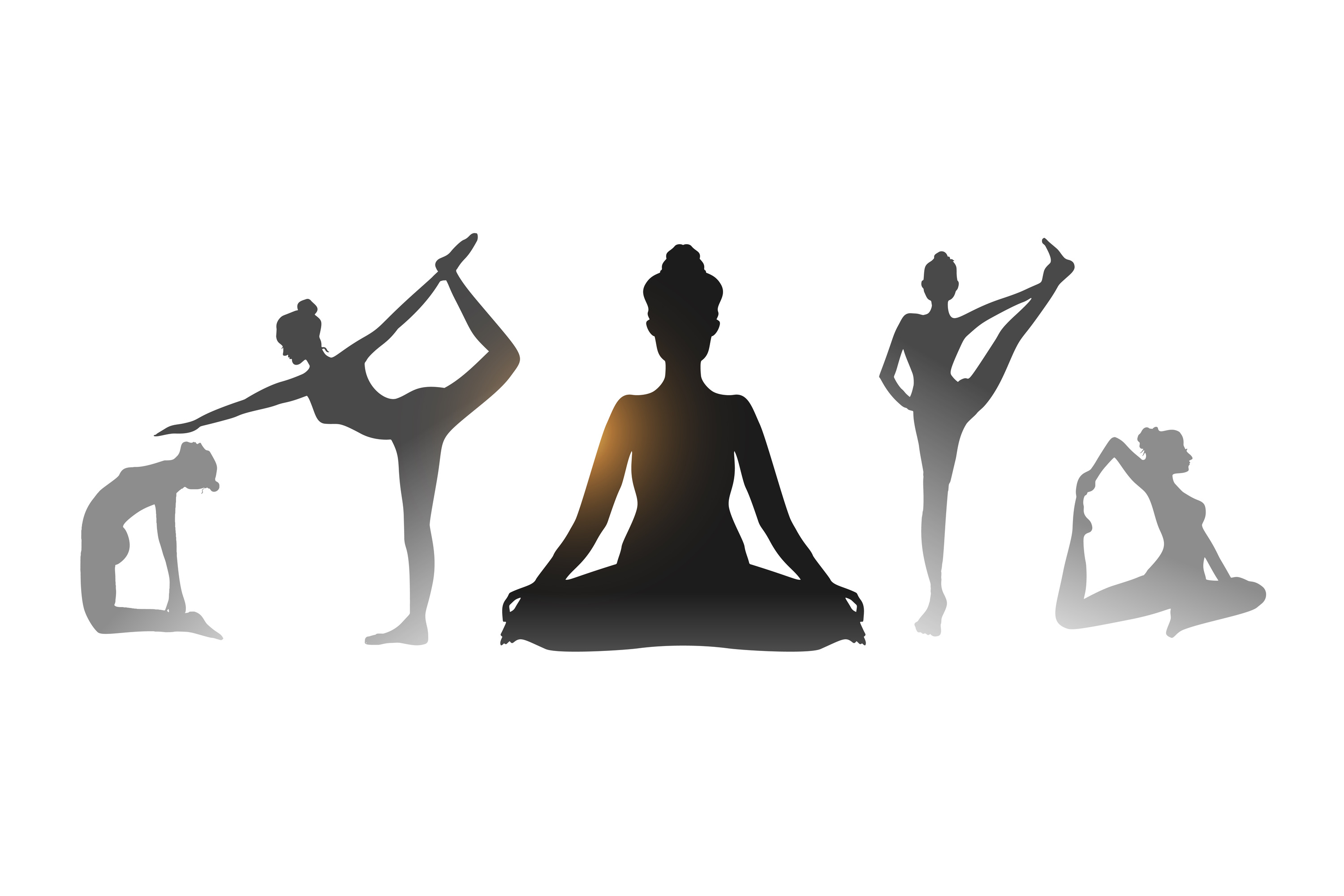One of the most common questions among parents is when their child should start exercising. And what kind of activities their children can engage in?
Doctors and medical experts believe that participating in a variety of activities develops muscles and motor skills, as well as reduces the risk of developing overuse injuries. They recommend it is safe for kids aged 6 and older to engage in at least an hour a day of moderate to vigorous aerobic activity whereas, once skeletal maturity has been reached and a growth spurt has taken place, lifting weights should be permitted.
Although it is never too late to include exercise among your kids, here are some guidelines to help you choose age-appropriate fitness activities for them.
Ages 3 to 5
In this age group, it is recommended to stay active throughout the day. During this age, the bones of children are growing at a significant rate, making it necessary to maintain an ideal weight. Kids can do running, learn cycling with side support and play a sport like soccer. However, in this competitive world parents should encourage their children to play for enjoyment rather than to compete.
Ages 6 to 8
In this age group, children have developed enough to do gymnastics and ride two-wheel bicycles confidentially. This is the perfect time to introduce them to diverse athletic and fitness-related activities. They can start practising sports like tennis/badminton/basketball/soccer. However, safety comes first, they should be taught about proper warm-up techniques and should always wear protective equipment.
Ages 9 to 11
In this age group, it is fine to encourage your children to practice for competition. During this time they have developed the skill of coordination. They can be introduced to short-distance running and short triathlons. It is important to prepare them physically and mentally for these events.
Ages 12-14
In this age group, children may be more encouraged toward muscle and strength but unless your child has entered puberty, discourage lifting heavy weights. Instead, you can encourage them to healthy options like bodyweight push-ups and squats, and resistance band exercises. In this way, children can develop strength while keeping their joints and bones healthy.
Age 15 and above
Once your child crosses 15 and attains puberty, encourage them to take part in weightlifting classes with an expert. Poor form can harm their muscle and cause injuries. Along with the training, it is equally important to keep tracking their nutrition and hydration. If you notice any signs of fatigue and injury, stop training immediately and consult a doctor.
Conclusion
Any physical activity and exercise from a young age keeps your kids active throughout their lives, improving their overall quality of life. Fitness also enhances self-esteem, prevents obesity, and reduces the risk of diabetes, high blood pressure, and heart disease later in life. As a parent, you should encourage your child to engage in their favourite sports and explore other forms of physical activity as well.




